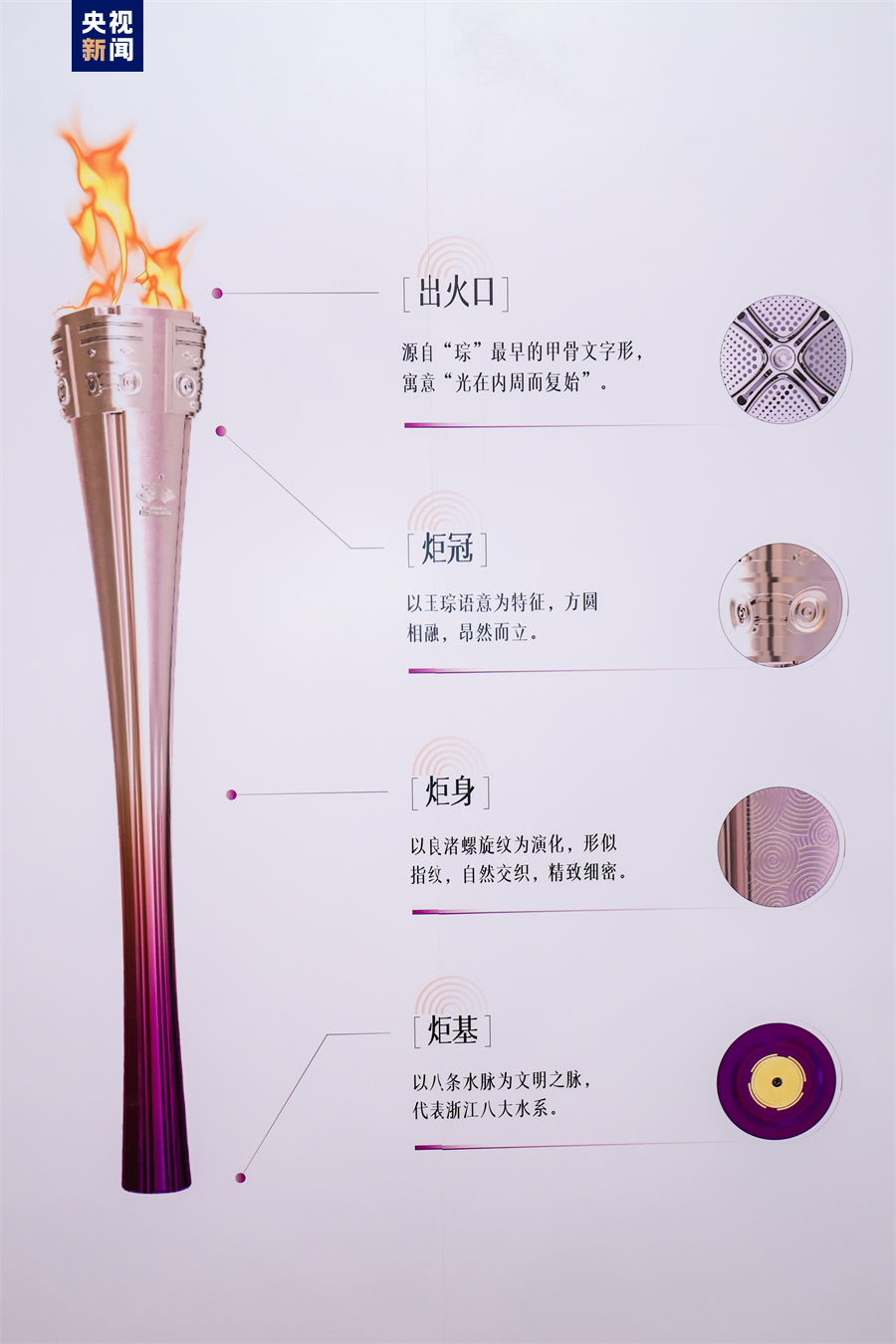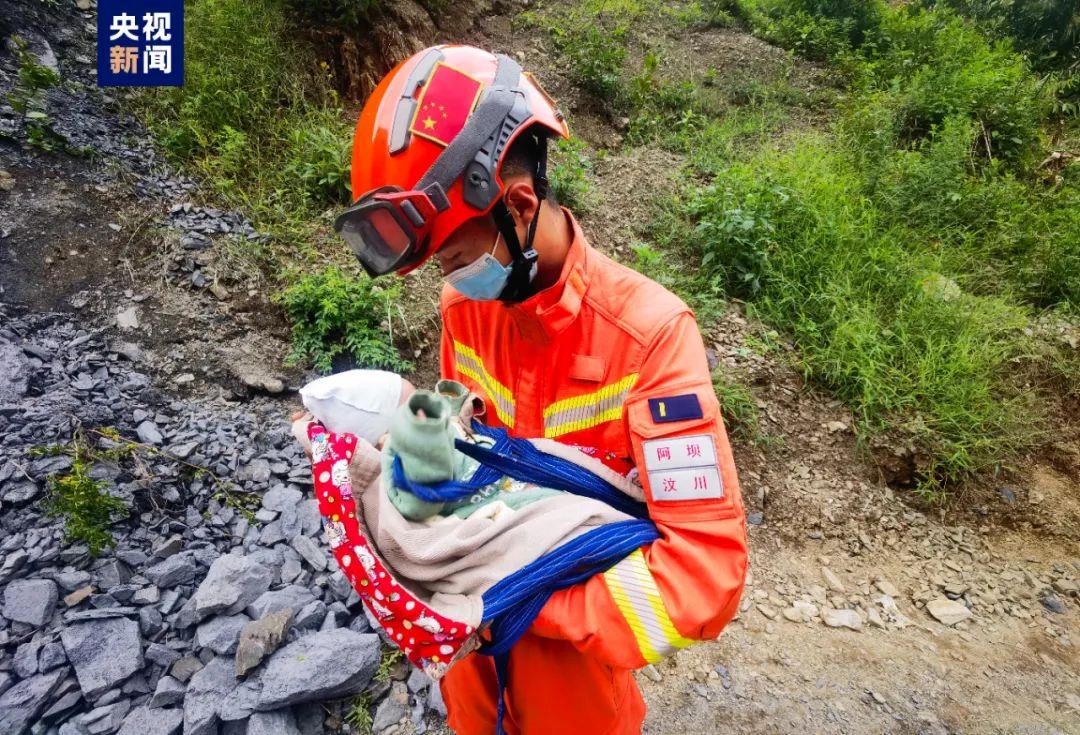if從句遵循什么原則;if從句與主句的時態(tài)
英語條件從句的使用

在英語的狀語從句中,有一種是條件狀語從句,條件句子是討論在某種因素或假設(shè)情景下的聲明,完整的條件句一般由If引導(dǎo)從句,然后是結(jié)果的主句。
If a certain condition is true, then a particular result happens.
I would travel around the world if I won the lottery.
When water reaches 100 degrees, it boils.
有四種條件從句,每個從句表達的含義不同。注意由于條件的模式不同,造成條件從句的時態(tài)不一。每種條件表達的可能性不一樣,造成某種情景發(fā)生的可能性不同。
第一條件狀語從句
零條件句子表示一般性的事實,即一件事發(fā)生必定會導(dǎo)致另一件發(fā)生。例如:
If you don’t brush your teeth, you get cavities.
When people smoke cigarettes, their health suffers.
在上面第一條件的句子中,首先從句的時態(tài)一定是一般現(xiàn)在時,不能用將來時,同時主句也是一般現(xiàn)在時。但主句不能用一般將來時,例如:
If people smoke cigarettes, their health will suffer. (錯誤)
其次,在第一條件句子中when和if是可以互換的,因為結(jié)果總是相同,即可以說:
When people smoke cigarettes, their health suffers.
也可以說:
If people smoke cigarettes, their health suffers.
第二條件狀語從句
這種條件狀語從句表示后果在將來會發(fā)生,雖然不像第一條件100%發(fā)生,但是大概率事件。例如:
If you rest, you will feel better.
If you set your mind to a goal, you’ll eventually achieve it.
由此可以看出If從句用的是一般現(xiàn)在時,從句用的是一般將來時,表示在給定條件下,這個事情會發(fā)生。從句不能用一般將來時:
If you will rest, you will feel better. (錯誤)
If you rest, you will feel better. (正確)
第三條件狀語從句
第三條件狀語從句是表達結(jié)果完全不現(xiàn)實或在將來不可能發(fā)生。例如:
If I inherited a billion dollars, I would travel to the moon.
If I owned a zoo, I might let people interact with the animals more.
注意在構(gòu)造第三種條件注意If 之后用的是一般過去時,而主句用過去的情態(tài)動詞 (例如could, should, would, might) 來表達不現(xiàn)實的結(jié)果。
根據(jù)這個原則,下列句子各有一處是錯誤的,你看出來了嗎?
If I inherit a billion dollars, I would travel to the moon.
If I owned a zoo, I will let people interact with the animals more.
第四條件狀語從句
第四種條件表示現(xiàn)在的結(jié)果會截然不同,如果當(dāng)初某事是另一個結(jié)局,有些吃后悔藥的感覺。例如:
If you had told me you needed a ride, I would have left earlier.
If I had cleaned the house, I could have gone to the movies.
這兩個句子在條件中表達了某種可能,但事實上過去沒有這么做,根本就沒有發(fā)生,因此產(chǎn)生的結(jié)果當(dāng)然不同。雖然條件是可能的,但很遺憾沒有發(fā)生。
注意當(dāng)用第四種條件句時,從句If用的是過去完成時 (就是 had + 過去分詞),主句用的結(jié)構(gòu)形式是(would, could, should, 等) + have + 過去分詞,表達可能發(fā)生的結(jié)果。實際上這是虛擬語氣的運用,關(guān)于虛擬語氣詳見另一篇頭條文章。
條件從句的幾個特例
一般來說在第二種條件從句中,符合“主將從現(xiàn)”,即主句是一般將來時,從句用一般現(xiàn)在時,但有一種情況是主句是條件,當(dāng)主句發(fā)生后,從句的條件會變真,即主句動作在前,從句動作在后,那么從句用一般將來時。例如:
If aspirin will ease my headache, I will take a couple tonight.
還有一種were to形式的條件從句,用來表達結(jié)果不情愿。例如:
If I were to be sick, I would miss another day of work.
If she were to be late again, she would have to have a conference with the manager.
If the rent were to have been a penny more, they would not have been able to pay it.
條件狀語從句其它表達
Unless引導(dǎo)的條件
例如:
Unless I phone you, you can assume the train’s on time. (If I do not phone you /except if I phone you, you can assume the train is on time.)
We’ll have to cancel the show unless we sell more tickets at the last minute. (We’ll have to cancel the show if we do not sell more tickets/except if we sell more tickets at the last minute.)
Should引起的倒裝句型
例如
Should you wish to cancel your order, please contact our customer service department on 02317 6658932. (或者 If you should wish to cancel your order …)
Should your child become anxious or nervous about any activity, it is a good idea to inform the team-leader. (或者 If your child should become …)
Had引導(dǎo)的倒裝
例如
Had I known you were waiting outside, I would have invited you to come in. (If I had known you were waiting outside …)
Had Margaret realized she would be travelling alone, she would never have agreed to go.
Were to引導(dǎo)的倒裝結(jié)構(gòu)
例如
Were we to give up the fight now, it would mean the end of people’s interest in our country. (If we gave up the fight now …)
Were the economy to slow down too quickly, there would be major problems. (If the economy slowed down too quickly …)
某些詞組的引導(dǎo)的條件
這樣的詞組有:
As long as 只要
So long as 只要
On condition that 若
Providing 只要
Supposing 假使
You can play in the living room as long as you don’t make a mess.
So long as a tiger stands still, it is invisible in the jungle.
The bank lent the company 100,000 pounds on condition that they repaid the money within six months.
You can get a senior citizen’s reduction providing you’ve got a rail-card.
They may do whatever they like provided that it is within the law.
Supposing I don’t arrive till after midnight, will the guest-house still be open? (Imagine if I don’t arrive till after midnight …)
Supposing you lost your passport, you’d have to go to the embassy, wouldn’t you?
Supposing he hadn’t recognized us – he might never have spoken to us.
有時or或otherwise也有表達條件與結(jié)果的關(guān)系, 例如:
You’ve got to start studying, or you’ll fail all those exams. (If you don’t start studying, you will fail the exams.)
We’d better send it express, otherwise it’ll take days. (If we do not send it express, it will take days.)





